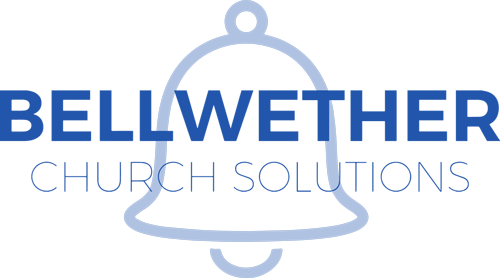What is special about Church Accounting? — The Modified Cash Basis

So, you’ve been doing books for your own business, for other businesses and/or your own personal books and wonder why would church bookkeeping be any different? Well, the big difference is that a church uses the “modified cash basis”.
A church is not concerned with matching income and expenses as is required of most businesses that are producing Generally Accepted Accounting Principle (GAAP) compliant financial statements.
Most business people are familiar with either keeping their books on an accrual basis which ignores the function of time OR on a“cash” basis where the income and expenses are recorded real-time as they happen. Churches, however, are usually on a “modified cash basis”. What!?!
The “modified cash basis” combines elements of both the cash and accrual accounting methods. What does this mean?
- Operating Income (Donations) and Expenses (think utilities, supplies, payroll) are normally recorded as they happen on a “cash basis” on the Statement of Financial Activity (the nonprofit name for Income Statement).
- Longer-term, large assets, such as buildings and long-term debt are recorded using the “accrual basis” on the Statement of Financial Position (the nonprofit name for a Balance Sheet).
The modified cash basis may only be used for internal purposes because it does not comply with GAAP. But there is rarely a reason for a church to be concerned that they have GAAP-compliant financial statements.
Advantage of Modified Cash Basis
By borrowing elements of both the cash and accrual methods, the modified cash basis is able to balance short-term and long-term accounting items. Operating items, like regular monthly expenses (bills) are normally paid as received on a regular monthly basis. Donations are recorded each week as they are received. The result is a Statement of Financial Activity that depicts the flow of income and expenses on a cash basis. Some churches call this the “Budget Report” and businesses refer to this as the Profit & Loss Statement.
While the long-term assets and liabilities are recorded on the Statement of Financial Position, the non-cash expenses related to them, such as depreciation expense, are normally ignored on a monthly basis and just recorded annually. Many churches and nonprofits just leave the fixed assets off of the Statement of Financial Position altogether.
A full accrual system is the most accurate financial reporting for any entity. However, the modified cash basis makes the bookkeeping simpler and is less costly while providing a practical and adequate financial picture to the church user.
